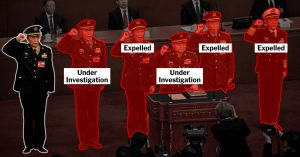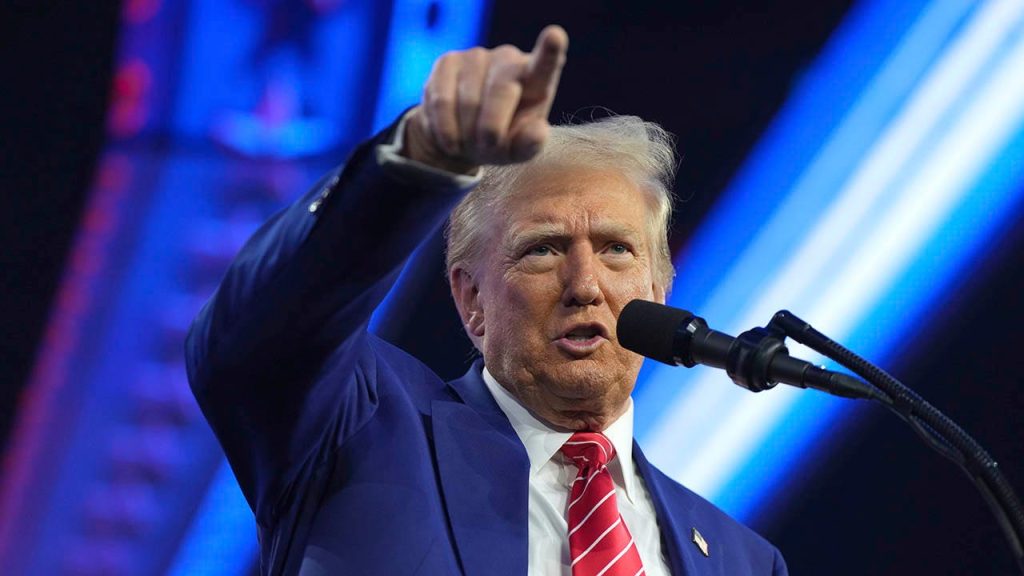The Trump administration’s newly implemented tariffs, authorized under the International Emergency Economic Powers Act (IEEPA), represent a significant shift in U.S. trade policy and reflect the administration’s assertive stance on border security and illegal immigration. The tariffs, which took effect on Tuesday, impose a 25% levy on imports from Canada and Mexico, while imports from China face a 10% tariff. Canadian energy resources, however, are subject to a lower 10% tariff. The administration justifies these measures as a direct response to what it deems an “extraordinary threat” posed by illegal immigration and the influx of illicit drugs, particularly fentanyl, into the United States.
The administration’s rationale centers on the argument that these issues constitute a national emergency, threatening the very fabric of American society. The executive order authorizing the tariffs highlights the perceived influx of “gang members, smugglers, human traffickers, and illicit drugs” across U.S. borders, directly impacting American communities. Canada is specifically singled out for criticism, with the administration claiming that the country has not adequately addressed the issue of illicit drug trafficking and has failed to effectively cooperate with U.S. law enforcement efforts to combat the problem.
The White House maintains that the tariffs are designed to hold Canada, Mexico, and China accountable for what it perceives as unfulfilled promises to curb illegal immigration and stem the flow of illicit drugs into the United States. This move signifies a departure from traditional trade practices and indicates the administration’s willingness to utilize economic leverage to achieve its policy objectives in areas beyond trade itself. The tariffs represent a significant escalation in the administration’s efforts to address border security and combat drug trafficking, reflecting a broader strategy that prioritizes these issues as central to national security.
The implementation of these tariffs follows previous indications from the administration that such measures were under consideration. White House Press Secretary Karoline Leavitt had foreshadowed the announcement, informing reporters that the tariffs would be rolled out over the weekend. President Trump himself had hinted at the possibility of further tariffs on imports from the European Union, suggesting that such measures would ultimately benefit the U.S. economically. The president’s public statements underscore his commitment to these policies and his belief that they are necessary to protect American citizens and strengthen the nation’s economic standing.
The decision to impose tariffs has generated significant discussion and debate, with proponents arguing that it is a necessary step to address pressing national security concerns. They maintain that the tariffs will incentivize other nations to cooperate with U.S. efforts to combat illegal immigration and drug trafficking. Furthermore, they argue that these measures will ultimately protect American communities and bolster the nation’s economy. Critics, however, express concerns about the potential negative economic consequences of the tariffs, including the possibility of retaliatory measures from affected countries and disruptions to global trade.
The long-term implications of these tariffs remain to be seen. The economic impact, both domestically and internationally, will require careful monitoring. The effectiveness of the tariffs in achieving the stated objectives of curbing illegal immigration and reducing drug trafficking will also be subject to ongoing assessment. The interplay between these economic measures and broader diplomatic efforts will be crucial in determining the overall impact of this policy shift. The tariffs represent a significant development in the Trump administration’s approach to international relations and its focus on national security priorities.















